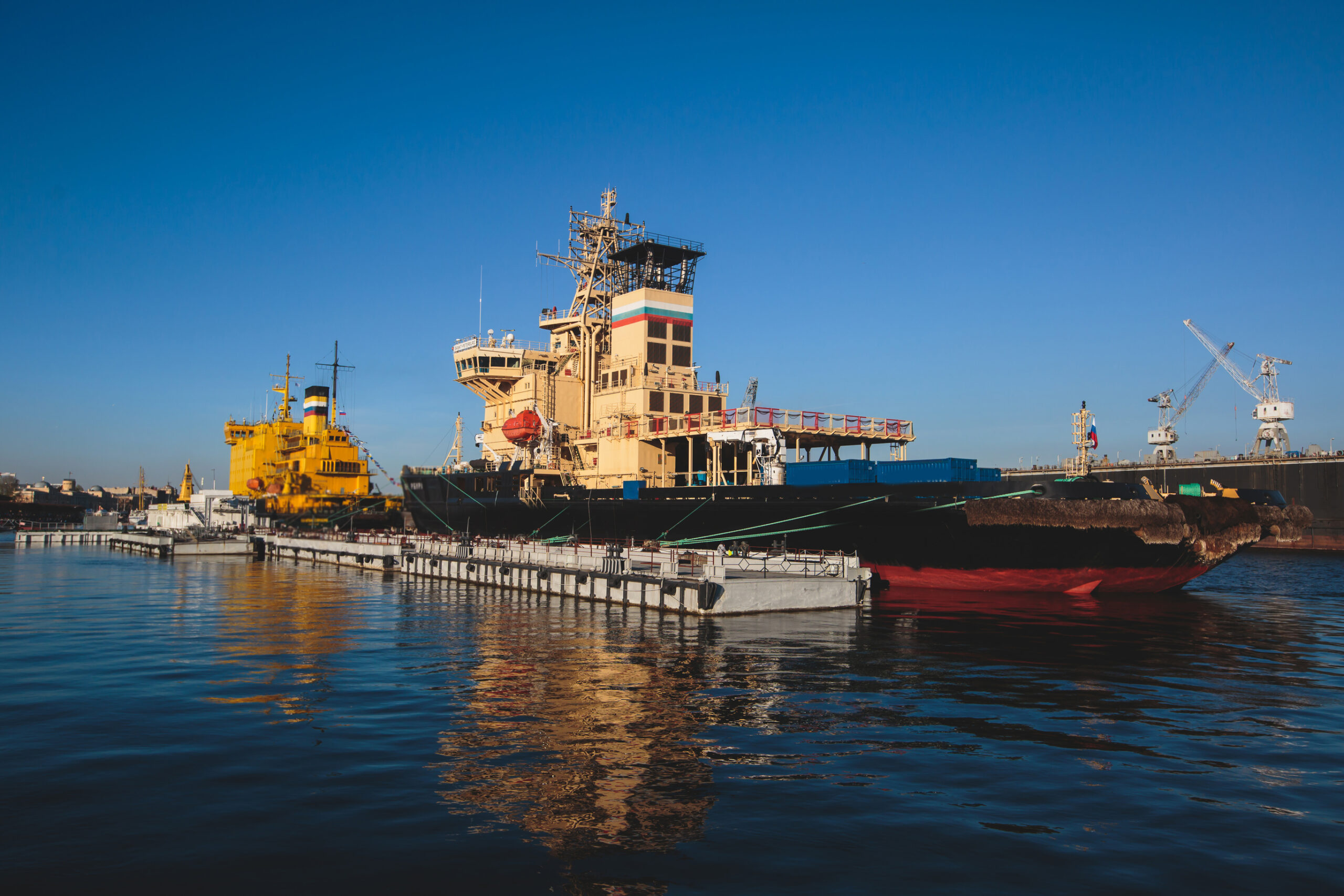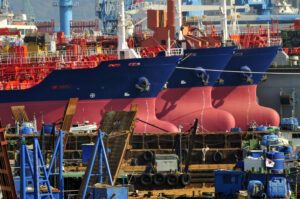New paper proposes framework to support UK development of advanced, safe, small nuclear reactors as a reliable and scalable zero-emission maritime power source.
The UK is well positioned to lead the safe development and deployment of new nuclear power systems for commercial ships and floating nuclear power plants (FNPPs), according to a new report from CORE POWER, NorthStandard and Lloyd’s Register (LR).
Technology company CORE POWER, global marine insurer NorthStandard and maritime professional services provider LR have jointly published Advanced Maritime Nuclear: A unique opportunity for the UK.
The new paper sets out a policy framework for the UK government to support the deployment of advanced small nuclear reactors on commercial ships and FNPPs.
The Department for Transport should include nuclear-powered shipping and FNPPs in an updated Clean Maritime Plan (CMP) and long-term nuclear strategy, the report argues.
Global shipping currently depends on fossil fuels for close to 99% of its energy consumption, but the International Maritime Organization (IMO) is aiming for its greenhouse gas (GHG) emissions to reach net zero by around 2050.
However, alternative fuels options (including biodiesel, methanol, hydrogen and ammonia) face major cost, production, transportation and use challenges.
NorthStandard’s participation in the new paper reflects the role commercial insurability will play in future nuclear operations in the civil maritime space, particularly to cover shipowners’ liability.
Paul Jennings, managing director at NorthStandard, commented: “The ability to commercially insure nuclear propelled ships will be vital to the success of bringing nuclear to maritime. It is important that governments understand the need for a civil marine nuclear liability convention within the framework of IMO and work towards creating an appropriate liability regime.”
With the right investments and policies, the UK can develop a multi-billion-pound industry according to the report.
In addition to zero pollution, nuclear powered ships would not rely on shore power in port and could even feed electricity into the grid.
FNPPs could also be used to alleviate the issues surrounding shore power and expensive connections to the UK national grid.
Mikal Bøe, CORE POWER’s founder and CEO, said: “History has shown that there has never been a great naval power that wasn’t also a great maritime power. Maritime nuclear is the catalyst that can reverse the trajectory of the British shipping sector, creating unique competition to Chinese shipbuilding and ocean transport.
“The UK has been at the centre of global shipping for centuries, and this report reinforces that maritime nuclear power is not only necessary to improve the energy effectiveness of shipping dramatically but also a £2.5 trillion economic opportunity. Over time, the cost of inaction will far outweigh the cost of being the champion in this rapidly emerging market.”
Andy McKeran, LR’s chief commercial officer, said: “As nuclear technology advances toward maritime applications including Floating Nuclear Power Plants, global regulatory alignment is crucial. Existing frameworks must be updated to reflect modern reactor designs and operational needs.
“The UK has the expertise to lead these efforts at the International Maritime Organization (IMO) and with the International Atomic Energy Agency (IAEA), setting the foundation for safe, insurable, and scalable nuclear-powered shipping.”



